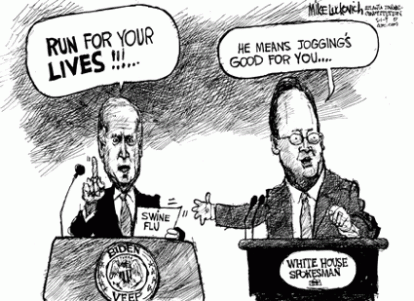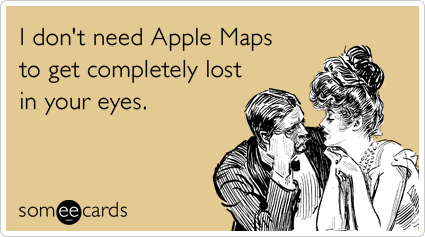Last week, one particular news story caught my attention,  and I thought it would be a good topic for my blog post. At the recent annual convention held in Orlando, Public Relations Society of America (PRSA) banned journalist Jack O’Dwyer, and all the journalists from his media company, from attending it. This decision has drawn severe criticism from the PR fraternity.
and I thought it would be a good topic for my blog post. At the recent annual convention held in Orlando, Public Relations Society of America (PRSA) banned journalist Jack O’Dwyer, and all the journalists from his media company, from attending it. This decision has drawn severe criticism from the PR fraternity.
The PRSA and Jack O’Dwyer have had a strenuous relationship for the past 20 years, with the latter scrutinizing and criticizing the former’s finances and expenses every year and making negative comments about the society’s staff and board. In a statement issued by PRSA, the society said: “…as we espouse and require ethical behavior on the part of our members, we cannot tolerate and accept unethical behavior on the part of a representative of the media. Furthermore, we cannot allow a journalist to disrupt our meetings or degrade the experiences of the PRSA members and other professionals who attend our events.”
Lucy Siegel, President & CEO, Bridge Global Strategies PR Firm, in her blog says: “I’m embarrassed by the totally unprofessional, unethical and childish behavior this week of the so-called leaders of my profession, the board and staff of the Public Relations Society of America (PRSA).” She has also criticized PRSA and its expenses and staff members in this blog post supporting O’Dwyer’s articles.
Many see the ban on O’Dwyer as an unethical and discriminatory move by PRSA since they singled out one journalist. The National Press Club also expressed its disappointment by releasing a statement criticizing PRSA’s move. While many have criticized PRSA’s decision, there are some who support it by saying that it is a standard PR practice to extend selective invitations to journalists. Steve Andrews, Consultant at Outlaw Communications, commented on Lucy Siegel’s blog on PRSA-NY Linkedin group: “I’m not sure how excluding Jack is any different from any organization excluding muckrakers from its gathering. I’ve worked with Fortune 10 companies for years and we routinely exclude journalists from functions up to and including not sharing information with certain properties.” On the same post, Quentin Langley, Senior Lecturer, University of Bedfordshire, echoed similar views in his comments. Andrews also added that “it’s a fairly standard tactic, used more often to punish or send a message to a particular journalist than as any real attempt to limit information flow”.
This, to me, seems like a moment of crisis for the association representing the entire industry. PRSA sets a precedent for aspiring professionals like me. It needs to act responsibly and handle crisis more tactfully rather than banning a journalist. This is a PR challenge and I am sure there are better ways of handling it. There are plenty of muckrakers out there. We can’t start banning everyone who writes against us. Especially, in the world of social media, banning someone actually backfires as that starts more conversations. Also, banning O’Dwyer is not going to stop him from writing against PRSA. In fact, it will encourage him to write more. This incident has not only started a lot of conversations but also turned off some of the society’s followers. In my opinion, PRSA should have opened a dialogue with O’Dwyer and tried to talk about it, if they think he is spreading false information. It would have opened up grounds for more clarifications and cleared misconceptions. If that didn’t work, PRSA can always rely on releasing statements, clarifying its stand on what O’Dwyer writes. As far as asking tough questions is concerned, I think, it is a basic PR requirement to tactfully handle difficult questions. I am sure there is a way to handle it other than imposing a ban. If there is a case of misconduct, then the ban is justified. But as far as him asking pointed questions is concerned, I think the ban is not defensible.
What do you think about PRSA’s move?





